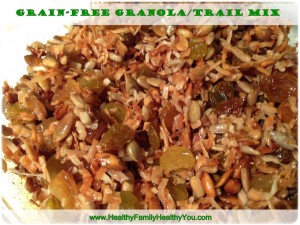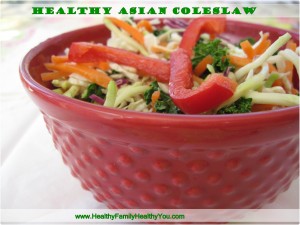At Rosh Hashanah we wish one another a happy, healthy and sweet new year. Unfortunately, sometimes the sweet is a bit too much of the focus! Heavy, calorie and meat-laden meals are not the best way to start a happy and healthy New Year! We think that tons of sweets and big meals will make us happy, but in the end they don’t…not in a physical or mental way.
Nothing makes me happier than when holiday and Shabbat guests leave my a meal at my house and tell me they are satiated, but marveling at this new feeling of being full, but not feeling physically disgusting or mentally guilty. There is a way to entertain and eat at holidays that is celebratory and special, without feeling gluttonous.
In order to have a healthy holiday and put yourself on a path to a healthy year, I suggest putting the same amount of thought and planning into the physical as you do the spiritual. In fact, I think you’ll find that taking care of yourself physically will spill over to how you feel spiritually about the holiday and the year.
Wouldn’t you rather feel light and positive than heavy and guilty?
Here are some suggestions for how to do just that!
Three tips for a happy and healthy New Year – both the two day holiday, the rest of the upcoming chaggim and the entire year!
1. Bring healthy snacks to shul! Give your kids an apple before they start in on all the lolly pops and laffy taffys they’ll be fed at shul. Also make sure they have some protein at breakfast. Otherwise they’ll be melting down before lunch and so will you. You also need to bring a snack. It’s not Yom Kippur. Don’t fast for 6 hours and then show up to lunch feeling cranky and famished. You’ll enjoy your meal and your company more if you’re not passing out from hunger when you get there. For breakfast and/or snacks, try these homemade granola bars. At that link you’ll also find recipes for trail mix you and the kids can bring to shul and a green smoothie you can make on yuntov, sans blender.



2. Skip the formal, four-course dinner! Rosh Hashanah lunches tend to be later because morning services can last into the afternoon. If you eat a three hour late lunch, you don’t need to eat dinner! Of course you will want to come home from shul and make kiddush and motzi (blessings over wine and challah) but you don’t need to sit down to another four-course meal. Have soup and salad and be done with it. If you want to spend more time with your family, have some tea in the family room. You don’t have to spend the time at a table filled with food you aren’t even hungry for but feel like you should eat. In fact, if you’re in DC, save yourself the cooking and buy soup and salad from Soupergirl.
3. For lunch, serve your guests a lot of food, but choose it wisely. When you’re making a menu, consider what is and isn’t necessary. I don’t mean to starve your guests. I mean, notice if all of your “salads” call for a cup of oil and a cup of sugar. For instance, I dare you to try my Asian Coleslaw and find that you miss all the oil and sugar of the usual recipe! You don’t need to serve a fat free meal either. That won’t be satisfying for anyone. Instead, use healthy fats like nuts, seeds, avocado and coconut. The link to the Asian Coleslaw recipe will take you to a menu for a full vegetarian meal that you can also use for a healthy Rosh Hashanah or other holiday meal.

For Israeli recipes (vegetarian and not), click here to download a free chaggim cookbook from the Israel Forever Foundation! In the cookbook, you’ll also find information to make a Sephardi Simanim (signs of the New Year) seder. Enjoy and please let me know if you have any specific recipe or menu requests before Succot!
Gmar Chatima Tova!
May you be inscribed (in the Book of Life) for Good!